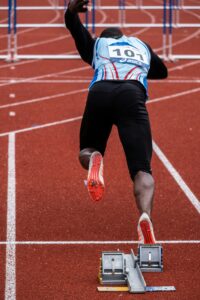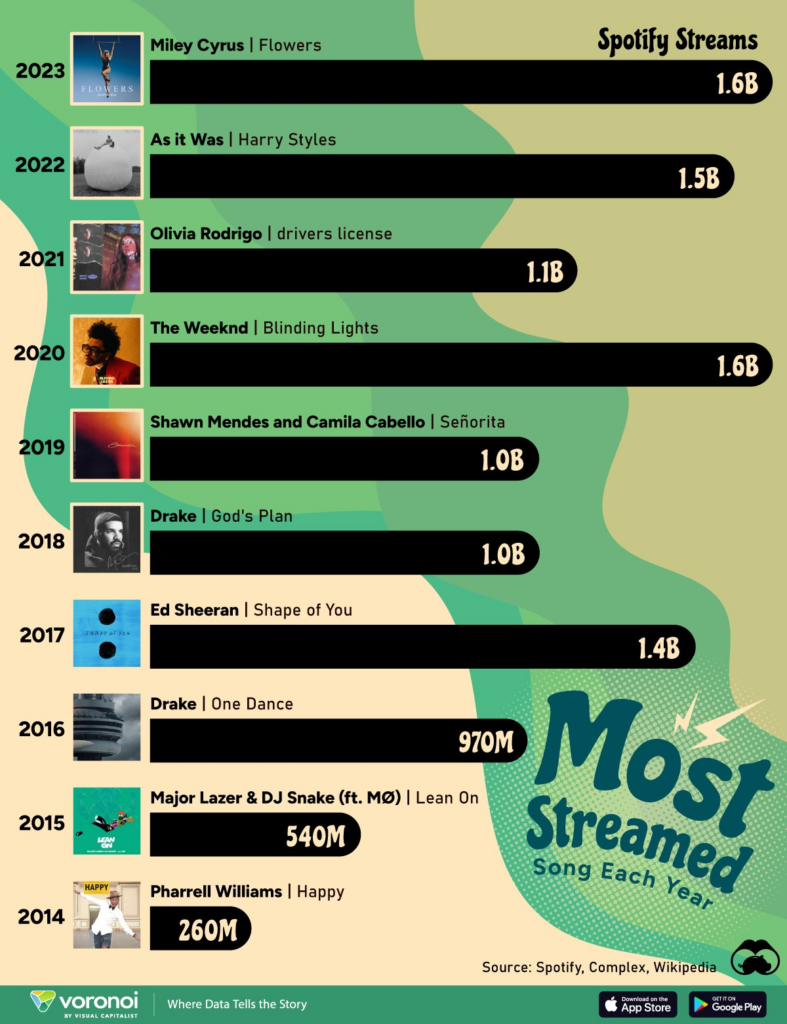How to use IP in collaborations? 🎯 IP Management Pulse #26
Many IP experts in the IP community at I3PM, the HTB-EPO initiative, and other global IP offices and institutions in national and regional innovation systems have asked Prof. Alexander Wurzer: “Where can you be sure not to miss any important IP management content?” In fact, you have to follow a number of interesting feeds to really keep up with the global developments around IP management. To make this easier he decided to offer his own personal newsletter for IP management. Here, you can find the last issues in the archive and also subscribe. A fresh read with all important IP Management content will be sent to the subscribers every second Thursday at 7:00 (CET), so that they can start the day informed.
The next Newsletter will cover the following topics:
In the cutthroat world of tech, an unexpected alliance changed everything. In 1997, Microsoft invested $150 million in its struggling rival, Apple, saving it from bankruptcy. This move, shocking at the time, 𝐞𝐱𝐞𝐦𝐩𝐥𝐢𝐟𝐢𝐞𝐬 𝐭𝐡𝐞 𝐩𝐨𝐰𝐞𝐫 𝐨𝐟 𝐜𝐨𝐨𝐩𝐞𝐭𝐢𝐭𝐢𝐨𝐧 – 𝐚 𝐬𝐭𝐫𝐚𝐭𝐞𝐠𝐲 𝐛𝐥𝐞𝐧𝐝𝐢𝐧𝐠 𝐜𝐨𝐨𝐩𝐞𝐫𝐚𝐭𝐢𝐨𝐧 𝐚𝐧𝐝 𝐜𝐨𝐦𝐩𝐞𝐭𝐢𝐭𝐢𝐨𝐧.
📢 𝐇𝐨𝐰 𝐜𝐚𝐧 𝐜𝐨𝐦𝐩𝐚𝐧𝐢𝐞𝐬 𝐛𝐚𝐥𝐚𝐧𝐜𝐞 𝐈𝐏 𝐩𝐫𝐨𝐭𝐞𝐜𝐭𝐢𝐨𝐧 𝐰𝐢𝐭𝐡 𝐜𝐨𝐥𝐥𝐚𝐛𝐨𝐫𝐚𝐭𝐢𝐯𝐞 𝐢𝐧𝐧𝐨𝐯𝐚𝐭𝐢𝐨𝐧 𝐢𝐧 𝐜𝐨𝐨𝐩𝐞𝐭𝐢𝐭𝐢𝐯𝐞 𝐩𝐚𝐫𝐭𝐧𝐞𝐫𝐬𝐡𝐢𝐩𝐬? 𝐈𝐧 𝐭𝐨𝐝𝐚𝐲’𝐬 𝐢𝐧𝐭𝐞𝐫𝐜𝐨𝐧𝐧𝐞𝐜𝐭𝐞𝐝 𝐭𝐞𝐜𝐡 𝐞𝐜𝐨𝐬𝐲𝐬𝐭𝐞𝐦, 𝐢𝐬 𝐜𝐨𝐨𝐩𝐞𝐭𝐢𝐭𝐢𝐨𝐧 𝐛𝐞𝐜𝐨𝐦𝐢𝐧𝐠 𝐚 𝐧𝐞𝐜𝐞𝐬𝐬𝐢𝐭𝐲 𝐫𝐚𝐭𝐡𝐞𝐫 𝐭𝐡𝐚𝐧 𝐚 𝐜𝐡𝐨𝐢𝐜𝐞?
IP litigation and military strategy share striking similarities. Both involve conflict, power struggles, and the use of strategy and tactics to achieve victory. Studying military history can enhance litigation skills and lead to better outcomes for clients.
The music industry is experiencing record growth, but revenue distribution remains uneven. Streaming value is diluted by free access, while vinyl’s resurgence needs better tracking. Royalty audits and compliance strategies are crucial to maximize revenue and ensure fair compensation.
The EUIPO Board of Appeal recognized “KOOL AND THE GANG” as a reputable trademark, overturning the Opposition Division’s decision. This ruling acknowledges the band’s influence and commercial success, impacting the “COOL GANG” trademark application.
Startups, especially science-focused ones, must prioritize early IP support to avoid costly setbacks. Integrating IP intelligence into R&D and business strategies is crucial, highlighting the need for increased IP awareness among entrepreneurs.
New 🔗dIPlex entry: AI-generated inventions and patents
The debate on patenting AI-generated inventions is ongoing, with varying stances across jurisdictions. While some argue that AI, as a tool, cannot be an inventor, others emphasize the need to incentivize innovation through patents, regardless of the invention’s origin.
New 🔗dIPlex entry: Trade secrets
Trade secrets are confidential business information that provide a competitive advantage. Unlike patents, they don’t require registration or disclosure, making them attractive for protecting sensitive information like formulas, processes, and customer lists.
Whom to follow
Nouiere Järvinen is an AI and IP expert revolutionizing patent litigation with technology. Her background blends engineering, software development, and IP law, driving innovation. She specializes in simplifying complex patent processes like validity searches and infringement analysis, making IP more accessible for everyone. She also raises awareness for intellectual property by supporting the IP Business Academy as an ambassador.
Arkadius Dalek focuses on simplifying trade mark management through AI-supported tools for monitoring, search and registration. He offers tailored solutions for startups, law firms and IP departments, increasing efficiency and accuracy while reducing risk. He also supports the IP Business Academy as an ambassador.
Pioneering the digital outdoors: Outdooractive’s journey of innovation and IP strategy
Since its inception in 1994, Outdooractive has been at the forefront of outdoor tourism, transforming how adventurers explore and connect with the world around them. With the launch of a digital platform – outdooractive.com – in 2008, the company solidified its position as a premier platform for outdoor enthusiasts, continually innovating and expanding to meet the ever-evolving needs of its users. Today, Outdooractive is not just a service provider but a leader in digital tourism, driven by a clear mission to create the world’s foremost outdoor platform.
Strategic legal implications and monetization of Intellectual Property in the video game industry: New research project at the MIPLM
This thesis delves into the complex relationship between intellectual property rights (IPRs) and the video game industry, focusing on how key IP mechanisms such as copyright, patents, trademarks, and trade secrets are employed to protect video game components and drive monetization strategies. The primary objective is to analyze the most effective ways to leverage IPRs in the competitive, innovation-driven gaming market.
Protection of streaming use cases and business models
Music streaming providers such as Spotify have developed revolutionary use cases and business models for the music industry that focus on key digital features and concepts. Examples include the utilization of user data and algorithms to create customised playlists that improve user experience and engagement. But also a freemium model that offers both free ad-supported access and paid subscriptions for premium features such as ad-free listening and offline listening. All of these critical use cases and business model components are protected by intellectual property, which was analysed by MIPLM students in a case study.
DIN 77100 patent valuation
The historical starting point for the development of IP valuation standards was the idea that intellectual property is not only a legal question, but an economic asset. This was a result of two developments. First during the 1980s multiple court decisions at the American “Court of Appeals for the Federal Circuit” showed that intellectual property was legally enforceable. Second an academic discussion started at the same time, how to use intellectual property economically.













